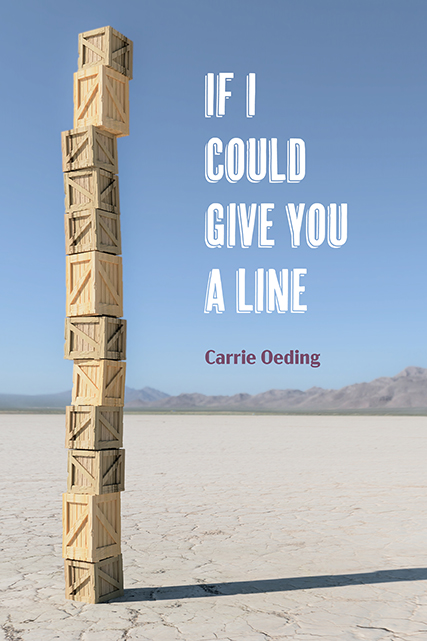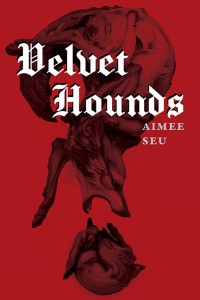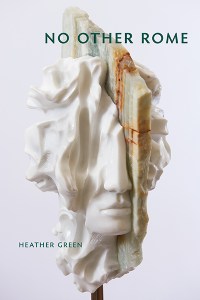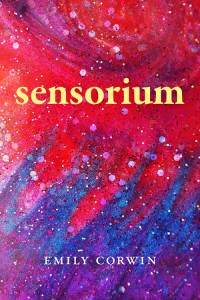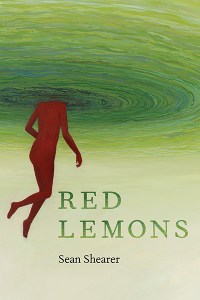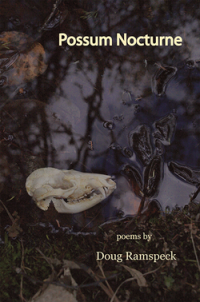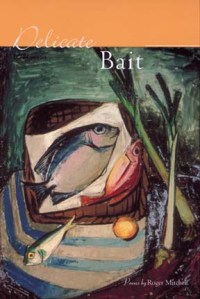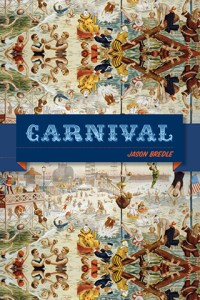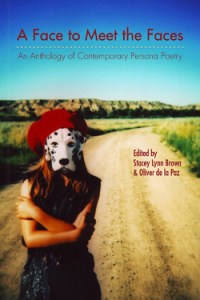Description
What does it mean to make something to share publicly when you are unsure of your own presence? If I Could Give You a Line cultivates the strangeness of presence in motherhood when the self is hyper-aware of its erasure. The collection explores its obsession with the physicality of visual art, down to the line, asserting and creating a voice that longs to be as present as a waver in the line of an Agnes Martin painting. A line that pulls you in to see the hand that made it. For Oeding’s speakers, to look at art as mothers gives them permission to make it. Through humor, provocation, and uncertainty, this associative work builds momentary worlds of looking and connecting. The voice in these poems are confident in their performance and gesture to the reader to participate in their world-building, using materials like toddler garbage, preliterate scribbles, boiled green beans, James Turrell’s skies, Cara Delevingne’s eyebrows, and Yayoi Kusama’s mirrors.
About the author
Carrie Oeding is the author of Our List of Solutions (42 Miles Press), which won the Lester M. Wolfson Prize. She was the recipient of the 2020 Rhode Island State Council on the Arts’ Fellowship in Poetry. Her work has appeared in such places as Bennington Review, Denver Quarterly, Colorado Review, Pleiades, Mid-American Review, and DIAGRAM. She grew up on a southern Minnesota farm and currently lives in Rhode Island.
Praise for If I Could Give You a Line
If I Could Give You a Line is not only a brilliant, associative meditation on every kind of conceptual and material line—it’s also a powerful ontological and epistemological treatise on what it means to be an artist and a mother in twenty-first century America. Via ekphrasis, ars poetica, and lyric essay, Carrie Oeding brings the world into these poems with grace and wit; Kim Kardashian and Kiefer Sutherland live alongside Susan Sontag and James Turrell, all coexisting with the detritus of motherhood: wet wipes, strollers, Band-aids, Purell—creating poems that are simultaneously heady and corporeal. With humor, doubt, intelligence, cynicism, and ultimately strength, Oeding fiercely asserts her presence in these poems, pushing against a society that sees mothers as erasures or containers when she writes, “I am painting myself in. I am so not pretend….”
—Erika Meitner
Kacey Musgraves “Late to the Party” never ceases to amaze me, as the message that its lyrics send—which is more or less “My beloved and I need not attend this party”—is so deftly countered by the song’s weirdly yearning timbre, the message of which is, to my ears at any rate, “I really want to go to this party, preferably alone.” The poems herein have more to say about parenting than about partying, but they affect me similarly—they don’t pit joy against regret, but rather harmonize those two inevitabilities, thus making a music to which I find myself smashing my prayers into my thoughts like dolls. Carrie Oeding’s second book is here, but to call it “on time” would be beside the point. Better, I think, to call it damn good and ready.
—Graham Foust
While the lines on offer in Carrie Oeding’s second poetry collection, If I Could Give You A Line, may seem to concern the quotidian, their reverberations are conceptual and far-reaching. In purposeful, finely-rendered prose, Oeding draws the nuance and complexity out of the everyday with insight and intelligence. Of the many tensions of mothering and art, the public demands on a private self are perhaps less acknowledged. “Every day is a public day,” she writes. What has been an experience of solitude for the artist is made relational in ways we might anticipate — as when the poet observes, “I just want to be near the art. I can’t really look, because Viola is two. I’m here to be near something. I don’t know if I want to know what that is,” and in those that are less clear — “I feel hostile toward others lately. I won’t want to think too much about it, but I suspect lately means several years. How can I write. Everyone is an audience we post for and don’t want near us. What is it to make anything outside of this space?”
When does a line become something more complex, more dimensional, something that can hold a world? Reading these poems is having an intimate conversation with your smartest friend about trying to hold it all, with humor, frustration, desire, and grace. Standing in line, drawing a line, writing a line — “I am just holding this ladder so no one will fall.” In this generous and moving collection, Oeding’s close observations allow us to consider the everyday anew and find new inspiration in all that we make for each other.
— Mary-Kim Arnold
Media
Review at Harriet Books
If I Could Give You a Line is a testament to the intricacies of the modern mother, the modern artist, the modern human. Here we have a person working to line everything up so she can find her place among the artists and the strangers. Here we have a mother probing the world just like her young daughter. . .. Oeding refuses to let us disregard her work with a simple yes or no. These subtly sophisticated poems demand multiple readings, and each time you’ll find something new. —Dylan Williams, Miracle Monocle
In a figure drawing class I attended, the instructor said that the line shows where the figure begins and where the rest of the world ends. After I read Carrie Oeding’s book, If I Could Give You a Line, winner of the 2021 Akron Prize, I wanted to draw a line around its body of ideas, eschew the rest of the world outside the line, and live inside the perspective of the book’s both sharp and inventive mind. —Angie Mazakis, Diagram
Q&A with Carrie Oeding
